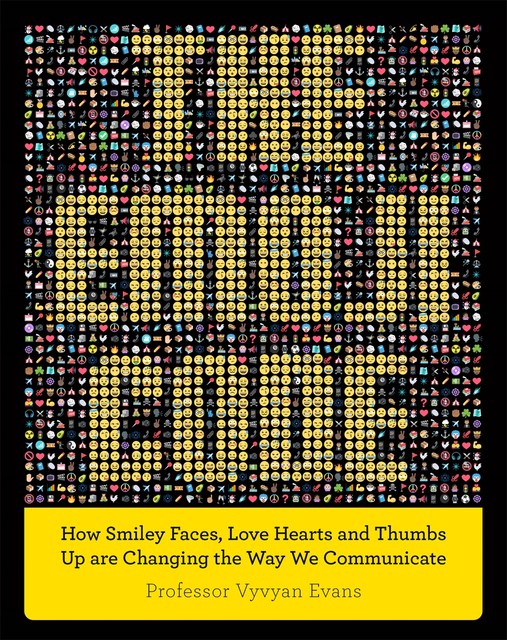
Read in our apps:
iOS
·Android
The Emoji Code
- About
- Quotes15
- Readers10
- On the bookshelves
This book is currently unavailable
383 printed pages
- Copyright owner
- Michael O'Mara Books
- Original publication
- 2017
- Publication year
- 2017
- Publisher
- Michael O'Mara
Quotes
- zoespeleshas quoted3 years agoMandarin (900 million) and Spanish (427 million) have more native speakers – it has both status and reach that puts it on a different plane to any other. English has 339 million native speakers, with a further 603 million speakers who use it as a second language. This means there are around 942 million more-or-less fluent speakers in the world. And with another 500-plus million users with some degree of fluency, that makes for more than 1.5 billion people alive today with proficiency in English.
- zoespeleshas quoted3 years agoEmoji facts, figures and cross-platform glyphs is emojipedia.org
- zoespeleshas quoted3 years agoSince 2011, when they first became widely available on mobile computing devices, they have taken the world by storm
fb2epub
Drag & drop your files
(not more than 5 at once)

